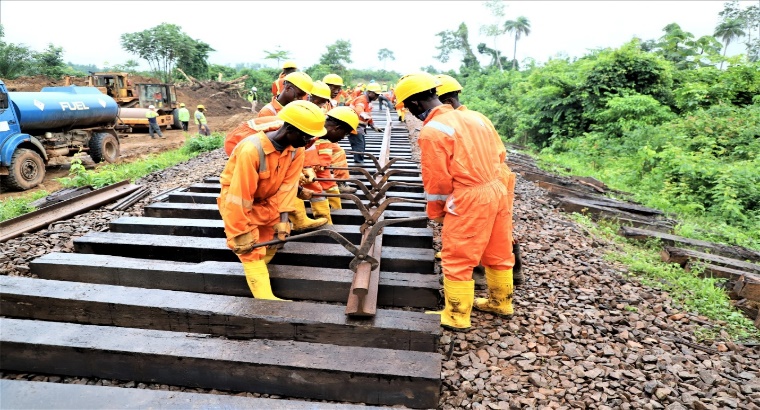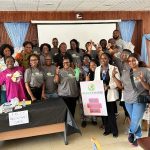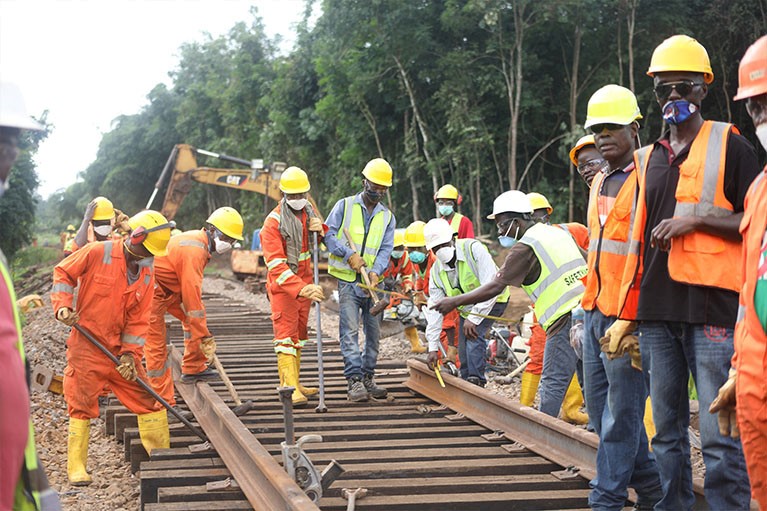ArcelorMittal, the largest foreign direct investment in Liberia since the end of the war, is pioneering a vocational education initiative aimed at addressing the country’s alarming rate of youth unemployment.
Over the years, ArcelorMittal has invested more than $8 million in the ArcelorMittal Training Academy, located in Yekepa Town, Nimba County.
The academy is designed to train young Liberians in various technical vocational fields crucial for employment in industries such as mining.
The academy offers internationally recognized certificates in disciplines, including electricity, welding, plant mechanics, diesel mechanics, and now instrumentation.
Instrumentation training equips students with the skills to install, maintain and repair industrial devices used to measure and control variables like temperature, pressure and flow.
Prospective students undergo rigorous assessments in English, math, science and their chosen vocational field before enrollment. If it is determined that a student would excel in another discipline, he/she is transferred accordingly.
Accepted students are provided with accommodation, three meals a day, and a modest allowance while studying at the academy.
The curriculum focuses on real-world requirements in technical mining industries, preparing students for the workforce.
Toward the end of their training, students are sent for internship in departments aligned with their specialization. Upon completion, they are either hired or placed on standby for immediate employment when vacancies arise.
The concept of the ArcelorMittal Liberia Training Academy emerged from the recognition that many Liberians, including college graduates, lacked the technical expertise demanded by the mining industry, which has significant employment potential.
By investing in local training, ArcelorMittal Liberia aims to reduce the need to send people abroad for further education and employment.
The academy’s success in producing highly skilled graduates has enabled ArcelorMittal to hire a significant portion of its workforce locally. The academy’s model is seen as a potential solution to Liberia’s youth unemployment crisis.
While concerns about limited space exist, the sustainable nature of the program and its potential impact on employment make it a viable option for adoption in other sectors such as agriculture, fishery, public administration, and entrepreneurship.
In a recent development, a specialized investigative committee of the House recommended that other foreign investors, such as China Union, emulate ArcelorMittal’s approach by establishing vocational schools to support local capacity building.
Companies like LAC Plantation and Firestone are urged to follow suit by establishing vocational training programs in sectors relevant to their operations, fostering greater public-private partnerships to expand training opportunities for young Liberians.







